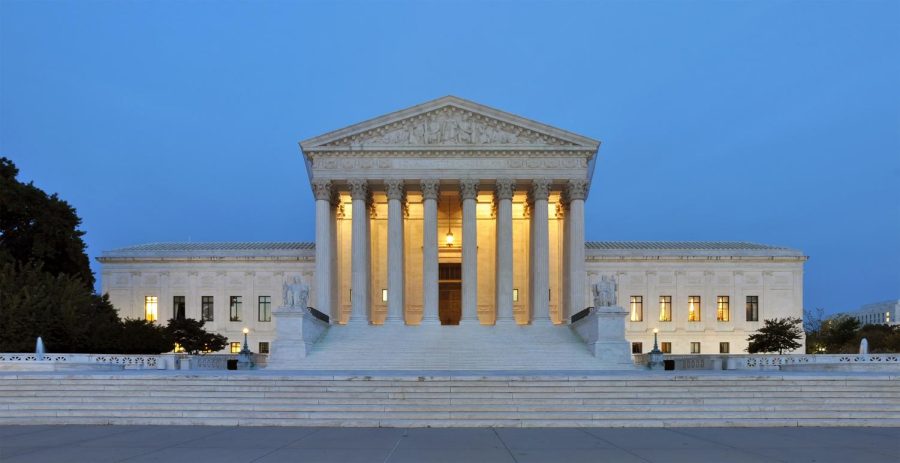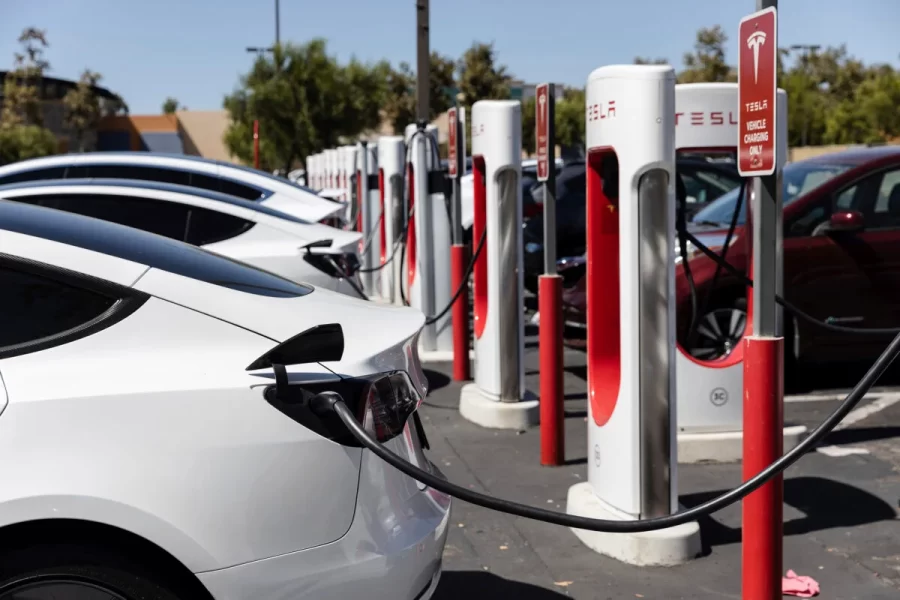Dobbs v. Jackson is a case currently being heard by the Supreme Court. It involves the State of Mississippi versus Jackson Women’s Health, and the question considered by the Court is: “Whether all pre-viability prohibitions on elective abortions are unconstitutional.” For background, Mississippi passed a law in 2018 that bans most abortions after 15 weeks, rather than after fetal viability outside of the womb (23-24 weeks). This legislature is being challenged by Jackson Women’s Health as unconstitutional.
The Supreme Court heard the oral argument on December 1, 2021.
Representing the State of Mississippi is the Solicitor General, Scott Stewart, among others. They argue that the ability to pass restrictive laws on abortion previability should be up to the states, and that the decisions in Roe v. Wade and Planned Parenthood v. Casey were “egregiously wrong.” Stewart says that Roe and Casey essentially invented a right for abortion and weaved it into the constitution, “Roe and Casey’s core holding, according to those courts, is that the people can protect an unborn girl’s life when she just barely can survive outside the womb but not any earlier when she needs a little more help. That is the world under Roe and Casey.” He later explains certain issues with the way the past verdicts were decided. Stewart highlights scientific advancements that point to the humanity and capacity to feel pain that a fetus has. He also mentions that abortions after 15 weeks result in more complications. Stewart closes his rebuttal by reminding the court that it took fifty-eight years to recognize the wrongfulness of the 1896 Plessy v. Ferguson ruling (decided that racial segregation was not unconstitutional; was overturned by the Brown v. Board of Education in 1954), and that Roe v. Wade is running on fifty years. He said, “It is an egregiously wrong decision that has inflicted tremendous damage on our country and will continue to do so and take enumerable human lives unless and until this Court overrules it.”
Representing the Jackson Women’s Health side are Julie Rikelman and Solicitor General Elizabeth Prelogar. They argue that Mississippi’s law is unconstitutional because it violates the decisions of Roe v. Wade and Planned Parenthood v. Casey; namely their decisions on abortion based on viability outside the womb and the undue-burden test. Rikelman lays out three parts to the argument. First, she argues that “stare decisis” (the principle that the Court should follow precedents set by earlier rulings) should have a clear hold on the verdict of the court. Secondly, she asserts that the states having this power would infringe on women’s rights by making her go through “with all the physical risks and life-altering consequences” that come with pregnancy and this “is a fundamental deprivation of her liberty.” Third, she argues that restricting the right to abortion will push women backwards, as they have relied on this right for two generations. Both Rikelan and Prelogar focused their responses on the connection of the right to abortion to liberty
The Mississippi case poses a threat to Roe v. Wade, as a decision by the Supreme Court could end up modifying or overturning it. A serious concern held by the court is its public image. Several justices showed reluctance to overturn the verdict for this reason.
A ruling by the Supreme Court is not expected until the summer of 2022.
To read through the transcript of the case, you can go to https://ballotpedia.org/Dobbs_v._Jackson_Women%E2%80%99s_Health_Organization. In addition, audio from the hearing is available on platforms such as Youtube.








